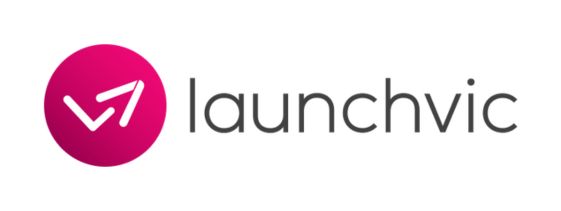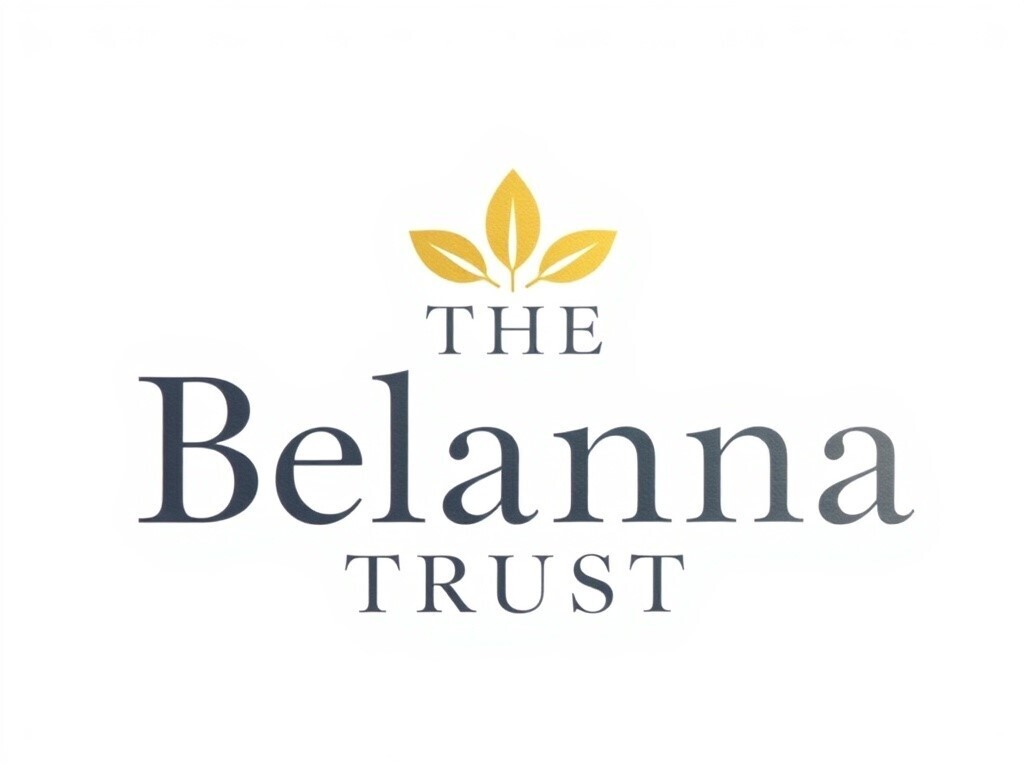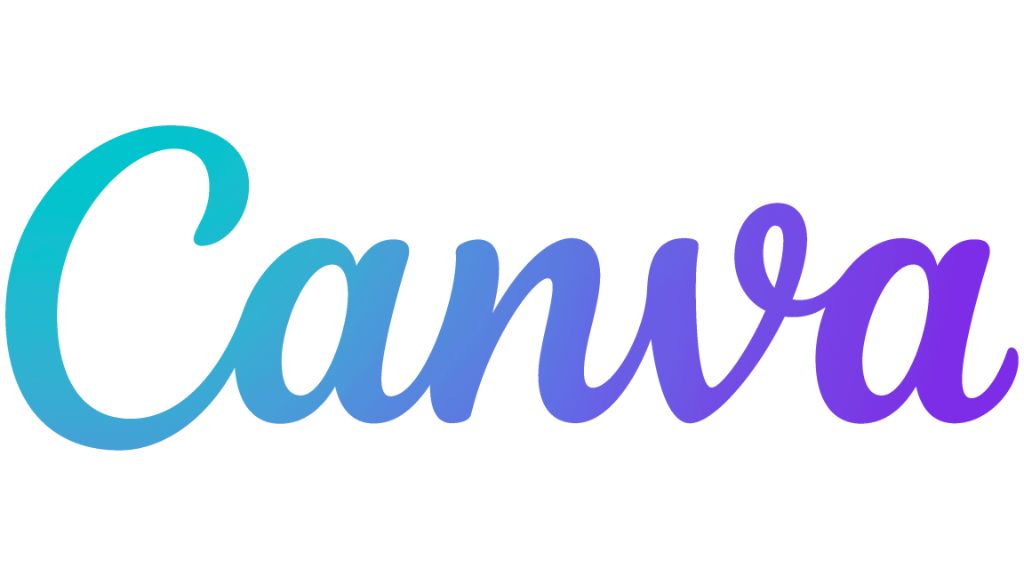Episode Transcript
To access a transcript of this episode click on the drop-down button below.
[00:16] Viv
Coming up on Remarkable Insights...
[00:19] Minnie Baragwanath
We had this announcement at the launch of our organisation announcing that we had been granted a million dollars a year to set up this social change organisation and I remember the entire room just went absolutely silent.
[00:37] Viv
Hi everyone. I'm Viv Mullan, host of Remarkable Insights, a podcast about disability driving innovation. Minnie Baragwanath joins us to tell us why being human is the greatest innovation in technology today. Minnie, welcome to Sydney. Thank you so much for coming here and joining me today. How are you?
[00:54] Minnie Baragwanath
Oh, look, I'm fantastic. It's just such a treat to be here, actually. Been up swimming this morning, 7.30 in the pool.
[01:06] Viv
24 hours in and she's sunburnt.
[01:09] Minnie Baragwanath
First thing I bought this morning was a sun hat and some sun lotion as well.
[01:15] Viv
I think that's how every trip to Australia should work though, right?
[01:18] Minnie Baragwanath
That's true.
[01:19] Viv
Now I remember last time we were together in person was in San Francisco and when we were there I took the chance to ask you about visual descriptions and saying at the start of our podcast episodes we would ask a lovely guest to come in and give it a visual description for anyone that was enjoying the show via transcript or video. And I would love to know if you would like to give one and also if it's something that you find useful or enjoy in podcasts.
[01:46] Minnie Baragwanath
Look, do you know it's not something I had really encountered you introduced me to the visual descriptions - in terms of, in this context, I do now listen to audio description on films and things and actually it's quite entertaining and I sometimes do think, what movie are they watching? But anyway it's like in the things they don't describe.
But anyway I'm very happy to do that. So I describe myself or do I describe you? I'll describe myself. So I'm wearing a... I think it's called Cali Green, I think is the green, which is like an Irish green dress and I have creamy white skin, which is looking a little pink today after the early morning swim. I have on a gold necklace and I have on bright red lipstick and I have blondish hair and I have green eyes. Is that enough?
[02:44] Viv
It's beautiful. And do you find that information useful for you when you're at events and things? And if you were going to listen to this podcast would that be useful for you?
[02:54] Minnie Baragwanath
If I was at an event and there was a speaker presenting and I thought, oh gosh, I'd really like to go and talk to them afterwards, it probably would be helpful to have some idea of what they look like. I am partially blind, visually impaired but I do have some vision.
In other contexts I probably... it might not be something I'd worry about too much? I'd be, so I'd probably just be interested in what it was they were there to talk about. So it probably is all about context actually.
[03:23] Viv
Thanks for your perspective on it. For the people that are listening that don't know you can you just give a bit of a description about what it is that you do and how you started doing the amazing work that you do.
[03:36] Minnie Baragwanath
What do I do? Yes, and this has become a more difficult question rather than... Sometimes I think if only I was a lawyer or an accountant, you know I'd have a one word answer. I have to write an entire book, as it were to explain it. We'll get to that later.
When I was 15, I was diagnosed with a rare sight condition called Stargardt. And Stargardt is a form of macular degeneration so I have no vision in the center of both my eyes and leap forward several years and I guess now maybe I would say I'm a social entrepreneur, an accessibility innovator but I think the common denominator is everything I've done, particularly of the last 20, 25 years has been really focused on finding and exploring multiple different ways of trying to advance accessibility and at the heart of that, it has been really how do we engage mainstream society in different conversations and ways of thinking about access.
So I'm always interested in exploring different ways to get people's attention around why it's so important that we level the playing field.
[05:04] Viv
Can you speak to your journey opening up Be.Labs and then that evolving?
[05:09] Minnie Baragwanath
Absolutely. So it's funny because people sometimes say, 'what led you to set up what was originally called Be.Accessible?’ It rebranded about 10 years later into Be.Lab and people are thinking, 'oh, there's gonna be some very inspirational story'. But I always say it was probably equal parts desperation and inspiration, which is a really powerful combination. And I think it was a mixture of realizing that I could not stand the kind of employment situation I was in any longer and I kept thinking there's gotta be a way for me to have a better experience of being employed.
And I was also incredibly frustrated with the slow pace of change around accessibility that I was observing internationally, but in this case, particularly in New Zealand. And I felt I had something slightly different to offer into the mix. I felt maybe there was a way of approaching accessibility that maybe had some value. I'd never employed anyone. I had never managed anyone. I'd never run an organization. There were a lot of reasons why people... quite a valid reason this time have said 'Minnie, that's maybe, a bit out of reach', but luckily for whatever reason at that moment in time all my guardian angels rallied around me. And all the right people showed up, all the possibility people, all the with people started to show up in my life and before I knew it, there was a team of us with this vision for this organization that could be accessible. All of a sudden we seemed to have funding.
It was extraordinary and I remember going down and I'd been invited to present down at Parliament and I walked into this room and I'd never been, I'd never presented to ministers before and I'd completely underestimated the magnitude of that moment and realizing that it was now or never. And I just had that feeling of Minnie you've gotta jump and trust, you're gonna fly or flop. But as it were, I think I flew and then finding out I don't know maybe, it must've been three months later that we had this announcement at the launch of our organisation announcing that we had been granted a million dollars a year to set up this social change organisation. And I remember the entire room just went absolutely silent because first of all, Disability organisations new organisations just never got funding so this was extraordinary. Secondly, it was during the global financial crisis. So it was a zero budget. There was no money, new money going to anything Yet, somehow in that environment... oh my God, it still makes me quite emotional now thinking about it, this had happened and it was, it truly felt like a miracle.
And that was when you felt we had this incredible belief and support for this vision for Aotearoa to become the most accessible country in the world.
[08:22] Viv
You speak about the excitement when you found Remarkable and finding people working in the same space, what are some of the risks that you get scared of in this moment of excitement as well? When we see people becoming interested and wanting to put money into this space?
[08:38] Minnie Baragwanath
Oh, that's such a good question too. What we need to be asking ourselves and other people coming in is 'why are you working in this space?' Or 'why do you want to invest in this space?' Or 'why do you want to make a product for disabled people or access citizens?'
I look at the access space and I feel some of this excitement that's going on, and I start to think people with a lot of money don't just invest out of the goodness of their hearts usually, that might be one of the motivations. If they're seeing a business model in here, there's a business model in here. Why would we, as the access community, allow ourselves to be exploited for others to make money out of our suffering? Because that's actually what it is at its worst.
Then you go, okay, we live in a capitalistic world, what's an appropriate business model that values the access community as we invest in products and services with that community? Is there a business model that means 'actually if I'm developing something for the blind community, how do I make sure that a certain return from the profit of this product actually goes back into the blind community, not just into my shareholders?', because we wouldn't have even designed it had it not been for the blind community and their lived experience. Do you see what I mean? I'm really interested.
I think one of the areas of innovation we must be thinking about is, what is the business model we would be proud of in 10, 20, 30 years time that our access ancestors can say, thank goodness people were thinking about this 30 years earlier, so that we're creating products and services in a way that are affordable for us because a lot of the products and services are being designed at the moment are actually designed at a price point that many people can't afford.
This space needs money. This space needs investment. It's critical.
[10:39] Viv
You've released a book and I'm so excited for you but the people that need to read it are certainly the people in the startup space building technology with and hopefully by people with disabilities because it holds a mirror up. And as part of that, you talk about both people outside the community and in the community holding a mirror up to themselves and what the word disruption means in relation to that. Can you shed a light about that concept of disruption?
[11:10] Minnie Baragwanath
Yeah it's funny, ‘disruption’ is one of those words that gets used a lot these days, and particularly marketers love it. If we want things to change, if we really want an accessible future, if we want a future full of possibility where we celebrate and value access citizens as the extraordinary innovators, creators, designers, citizens that they are. Then we adopt a ‘with’ approach to everything that we do. It's that simple. That'll be in my second book.
[11:43] Viv
Your second book will just be that. Those few words, end of!
[11:49] Minnie Baragwanath
Exclamation mark! Exclamation mark! My poor editor had to remove all my 10 million exclamation marks.
[11:56] Viv
She's an enthusiastic person! And one of the last things we like to ask people and you've left, I'm sure people listening with a bunch of insights that they can walk away with but what would you like people if you were going leave a remarkable insight for the people enjoying our show to go and think about and ponder and hopefully carry with them after this, what would you like that to be?
[12:21] Minnie Baragwanath
The most extraordinary technology, if we want to use that phrase and the broadest sense possible, are human beings.
So in this sort of scramble to design the next greatest thing, let's not forget to keep investing in human beings and in our capacity as humans to imagine different realities, different possibilities and to really show up as the best person and people we can be. Because this revolution, this possibility revolution or change that we are talking about today can only happen if we choose to show up as people who deeply care about equity, about fairness and about the wellbeing of all humans.
So my little soapbox is all about investing in humans as the most remarkable technology I think we will ever experience on this planet.
[13:26] Viv
Thank you to our guest and hopefully you've found your own remarkable moment. Make sure you subscribe to the podcast and follow our Instagram @remakable_tech for unheard moments from this episode.
Talk with you all on the next one!
Episode Overview
Meet our Guest
Video Highlights
Check out some of the highlights of this episode of the Remarkable Insights podcast, now featured in our captioned video reel!
Key Quotes
Below are some of the key quotes that capture the essence of our discussion:













